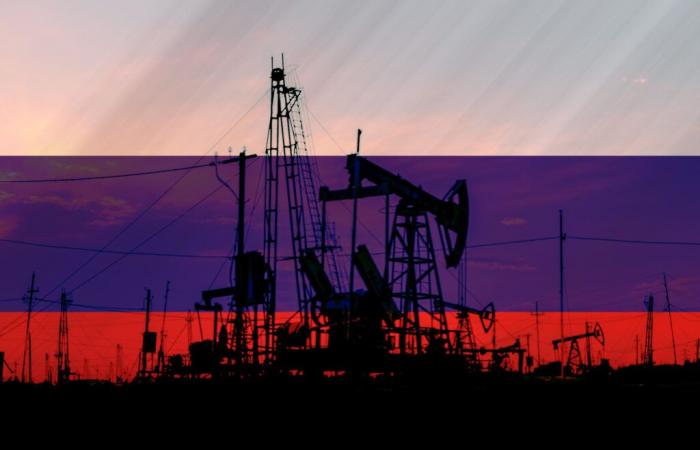Strongly impacted by Western sanctions, Russian oil is today in great difficulty. At the start of 2025, several refineries in the country are expected to close their doors, a situation which could worsen in the near future. Russia could still try to apply a very uncertain solution.
Russian oil in danger
First of all, let us remember that Russia derives a large part of its income from the exploitation of hydrocarbons (oil and gas), namely between 30 and 50% according to estimates. However, the war with Ukraine has pushed Western countries to sanction Russian fossil fuels. Since then, the country has tried as best it can to stay the course with the help of its black and illegal fleet and the expansion of markets in China and India.
Nevertheless, Russian oil is in danger, as Bloomberg explained in an article dated November 5, 2024. As the daily explains, Russia’s oil revenues have indeed fallen by 29% in October 2024 compared to the previous year. In addition to the sanctions, the country faces resistance from certain Asian countries frightened by secondary sanctions that may emanate from the United States.
Thus, Russian refineries are struggling. Some could even close their doors at the start of 2025notably those of Ilsky, Novoshakhtinsky and Tuapse. They have already been forced to reduce their production and sometimes even temporarily suspend their activities. However, you should know that the refineries most affected by the situation are those qualified as low-techin other words those which do not produce premium fuels.
A possible merger of fossil energy giants
Russia faces another problem. Indeed, the drop in demand in the West is combined with a reduction in crude pricesthe raw material to be transformed to obtain usable fuels such as gasoline or Diesel. As a result, refineries saw their margins fall and some were even forced to borrow money to continue operating.
At the same time, certain members of the government such as Energy Minister Sergei Tsivilev are considering solutions to relieve the hydrocarbon sector. One of these solutions would be to merge some giants such as Rosneft, Lukoil as well as Garum Neft, a subsidiary of Gazprom. Currently under American sanctions, these companies could therefore ally themselves. However, it is by no means certain that this decision can really save this essential industry for Russia.
Faced with this critical situation, the Russian government could also intensify its energy partnerships with other emerging powers, such as Brazil or South Africa, within the framework of BRICS. These collaborations would aim to create new markets for Russian oil and circumvent restrictions imposed by Western countries. However, the implementation of these partnerships faces logistical and financial challenges, particularly in terms of transport and development of the necessary infrastructure.
In conclusion, the Russian oil sector is going through a period of unprecedented turbulence, greatly weakened by Western sanctions and developments in the global energy market. If solutions such as the merger of large oil companies or the intensification of partnerships with other emerging powers are considered, their effectiveness remains uncertain. Russia will therefore have to face numerous challenges, not only to preserve its revenues from hydrocarbons, but also to adapt its economy to an increasingly restrictive international context. This situation illustrates the extent to which dependence on fossil fuels can represent a major strategic vulnerability.






